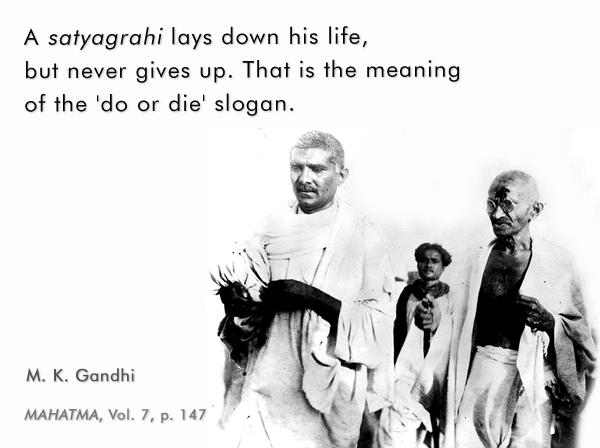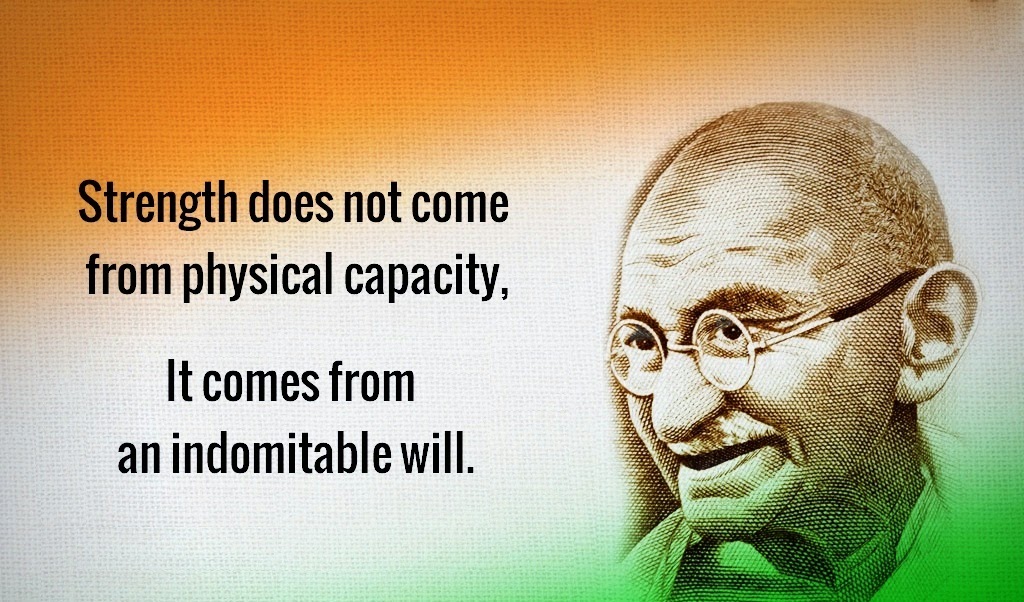Great Leaders of Bharatham : 1.

Bal Gangadhar Tilak Born: 23 July 1856 Passed Away: 1 August 1920 Contributions : Bal Gangadhar TilakBal Gangadhar Tilak was a social reformer and freedom fighter. He was one of the prime architects of modern India and strongest advocates of Swaraj (Self Rule). He was universally recognized as the "Father of Indian Movement". Tilak was a brilliant politician as well as a profound scholar who believed that independence is the foremost necessity for the well being of a nation. Life: Bal Gangadhar Tilak was born on July 22, 1856 in a middle class family in Ratnagiri, a small coastal town in southwestern Maharashtra. Tilak's father, Gangadhar Shastri, was a noted Sanskrit scholar and school teacher at Ratnagiri. His mother's name was Paravti Bai Gangadhar. In 1886, following his father's transfer, the entire family shifted to Poona. Tilak was a brilliant student and also very good in mathematics. Since his childhood, Tilak had an intoleran






